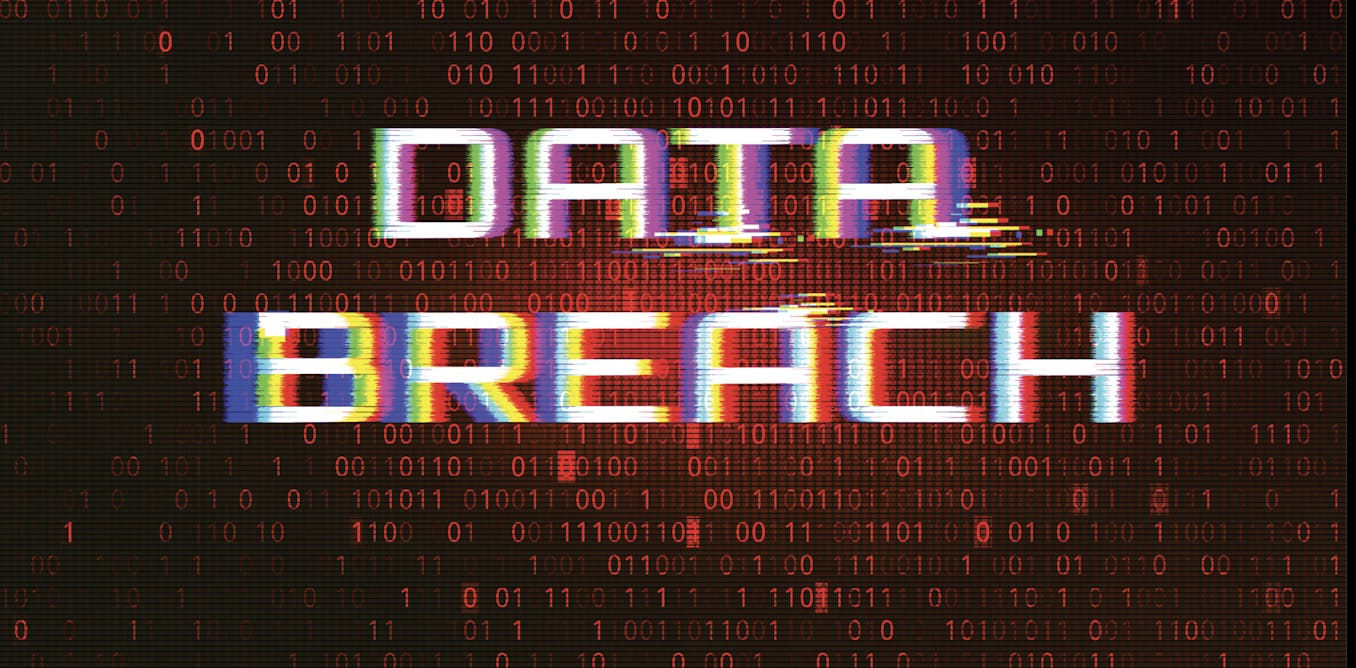Fraud is a problem so big we need to start teaching children how to spot it in schools
Recent studies have shown fraud is an even bigger problem than people realise.
Dec. 19, 2023 • ~7 min
Voice deepfakes are calling – here's what they are and how to avoid getting scammed
Powerful AI tools available to anyone with an internet connection make it easy to impersonate someone’s voice, increasing the threat of phone scams.
March 17, 2023 • ~6 min
Email scams are getting more personal – they even fool cybersecurity experts
Email fraud is getting more personal.
July 11, 2022 • ~6 min
Your digital footprints are more than a privacy risk – they could help hackers infiltrate computer networks
One of a hacker’s most valuable tools is the phishing attack, and you might be unwittingly making the hacker’s job easier by leaving useful information about you online.
April 8, 2022 • ~5 min
How vulnerable is your personal information? 4 essential reads
Data breaches have become a fact of life. Here are articles from The Conversation that detail the threat, why it happens and what you can do to protect yourself.
Nov. 29, 2021 • ~7 min
You know how to identify phishing emails – a cybersecurity researcher explains how to trust your instincts to foil the attacks
Weirdness is a clue about fraudulent email messages. But it takes more than a sense that something’s wrong to get people to investigate.
Nov. 1, 2021 • ~6 min
North Korea targeted cybersecurity researchers using a blend of hacking and espionage
Sophisticated fake social media personas created by North Korean hackers offered to collaborate with cybersecurity researchers. Several US researchers fell for it.
Feb. 4, 2021 • ~7 min
/
2








